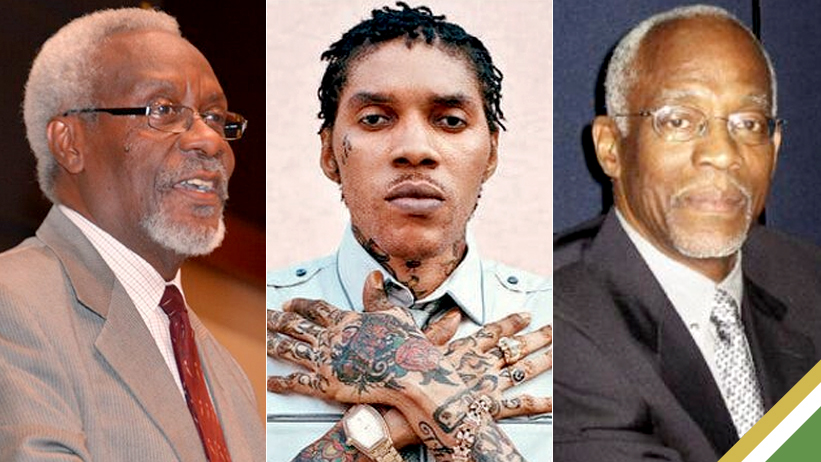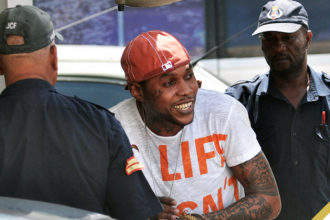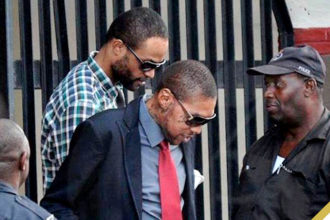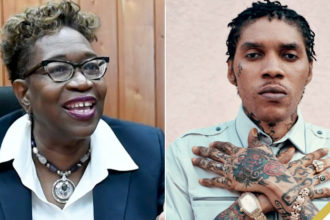Amidst the swirling debate surrounding the high-profile trial of incarcerated Jamaican entertainers Vybz Kartel, Shawn Storm and their co-accused, former Prime Minister of Jamaica PJ Patterson and distinguished jurist Hugh Small, both King’s Counsel, have issued a joint statement shedding light on a pivotal matter. They assert that a fatal error occurred during the trial, a development that could significantly impact the legal proceedings.
The statement, which addresses recent revelations and the subsequent Privy Council judgment, underscores concerns regarding the handling of the trial in light of allegations of jury tampering. Patterson and Small, esteemed figures in Jamaica’s legal landscape, critique the trial judge’s decision to proceed despite these serious allegations, suggesting a lack of understanding of legal precedent.
“The judgment of the Privy Council in the case popularly called the Vybz Kartel appeal has attracted attention because the Privy Council ruled that the Jamaican judges at the appellate stage should have discharged all the jurors from continuing to try the accused persons,” the statement highlights.
Drawing parallels to a notable case from 1983, Patterson brings attention to striking similarities between Vybz Kartel’s situation and past legal precedents concerning tainted jury pools. He emphasizes that neither the trial judge nor the appellate judges appeared to be aware of relevant past judgments that could have informed their decision-making process.
“It is regrettable that this case was not brought to the attention of Justice Campbell, the judges of the Jamaica Court of Appeal, Dennis Morrison, Patrick Brooks, and Franklyn Williams, or cited in the Privy Council,” Patterson and Small lament in their joint statement.
The Privy Council’s recent decision to quash the 2014 life sentences of Vybz Kartel and his co-accused on the grounds of jury tampering has ignited discussions regarding the future course of action. With the Court of Appeal in Jamaica now tasked with determining whether a retrial is necessary, the ramifications of the fatal error highlighted by Patterson and Small loom large.
The panel of justices from the Privy Council deemed the decision not to discharge the jury or the accused juror following allegations of bribery attempts as “fatal to the safety of the convictions which followed.” This critical assessment underscores the magnitude of the error and its implications for the integrity of the legal process.
“To have continued the criminal case against Vybz Kartel et al, notwithstanding 64 days of trial, was not merely a risk, but a fatal error to render any final verdict unacceptable in accordance with the tenets of justice and the decision of our own Court of Appeal in 1983,” the statement concludes, encapsulating the gravity of the situation.
Amidst these developments, Jamaica’s Director of Public Prosecutions, Paula Llewellyn, has signalled the intent to pursue a retrial, further prolonging the legal saga surrounding Vybz Kartel and his co-accused. As the nation awaits the next chapter in this high-profile case, the spotlight remains firmly fixed on the intricacies of the legal process and the pursuit of justice.












